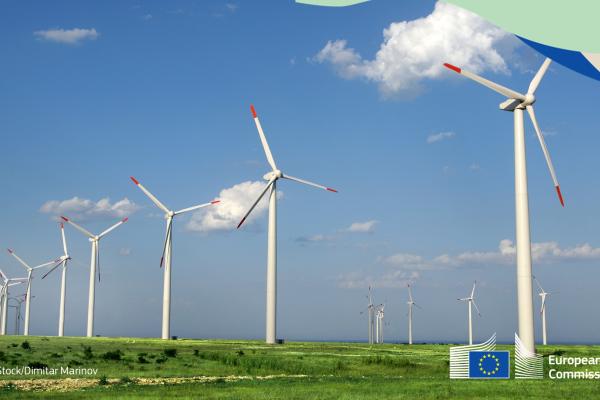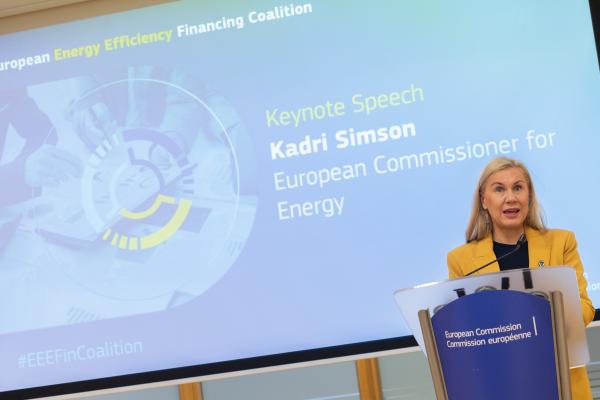Topics
Reducing energy consumption and achieving energy savings is essential to deliver the European Green Deal.
Energy from renewable sources reduces greenhouse gas emissions and lowers our dependence on imported fossil fuels.
The EU's integrated internal energy market helps to keep energy affordable and guarantee secure supplies.
The EU's strategy for secure, competitive, and sustainable energy.
Industrial carbon management and efficient and responsible use of fossil fuels.
A modern energy infrastructure, connecting markets and regions, is crucial to meet the EU’s energy and climate goals.
The EU works to ensure that energy supplies from abroad are secure and affordable.
Innovation in low-carbon and clean energy technologies are essential to fulfil the EU’s energy union strategy.
EU programmes, calls for tenders and private-public initiatives are available to finance energy projects.
EU energy cooperation with countries around the world and international institutions.
The EU aims to ensure safe and secure use of civil nuclear energy which generates almost 30% of its electricity.
Our energy systems need to be sufficiently flexible to facilitate cross-border, cross-sector innovation and investment.
Highlights

Delivering energy and cost savings for EU citizens.
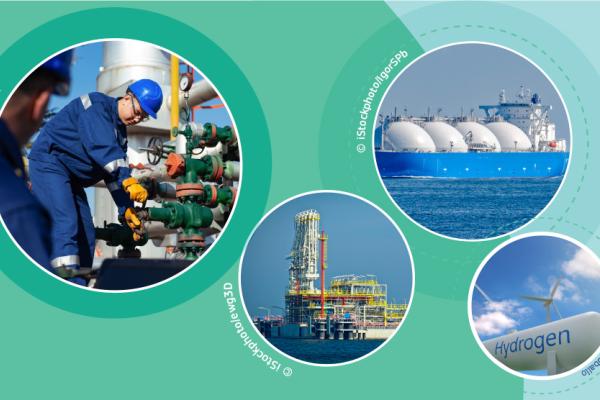
The survey's results will help define the features of a long-term mechanism.
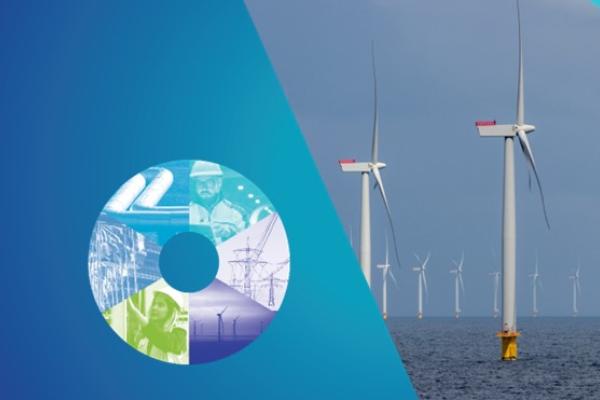
The selected projects will help to achieve the ambitious energy and climate objectives of the European Green Deal.
Quick links
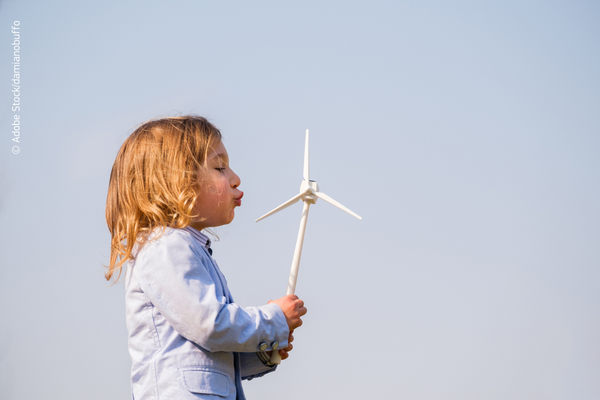
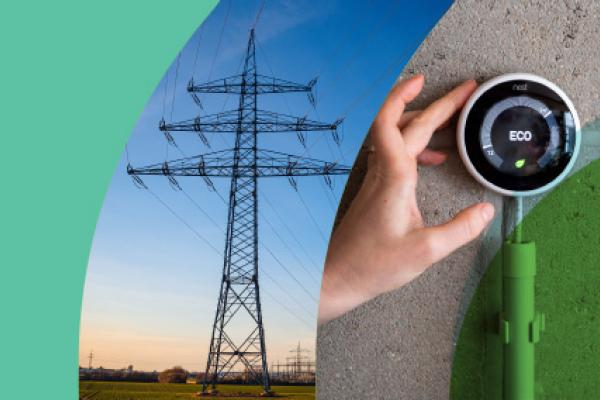
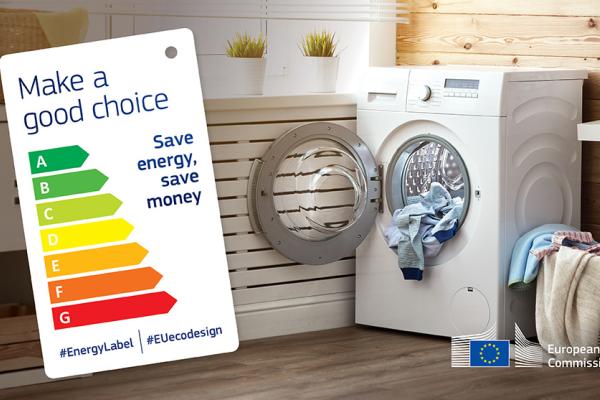

Featured video
More than a fifth of EU’s electricity is generated by nuclear power. The European Commission has since 1957 – through Euratom - supported Member States’ nuclear cooperation to make sure that the power produced is safe for all. Nuclear technology is constantly evolving, especially in the field of Small Modular Reactors (SMRs), which could offer a low-carbon alternative to fossil-fuelled power plants and complement renewable energy production.


